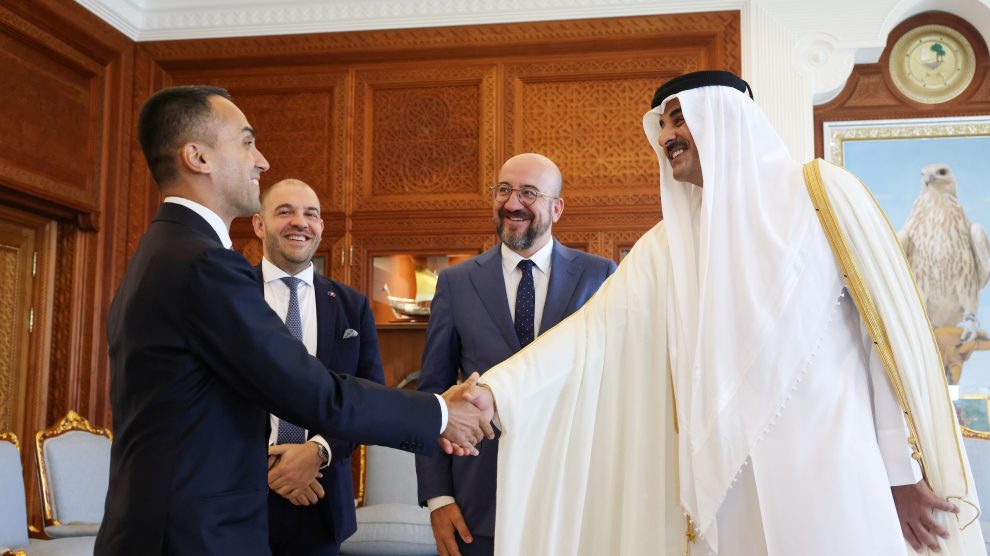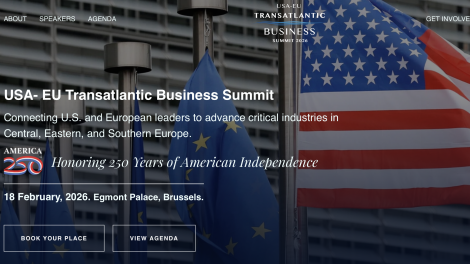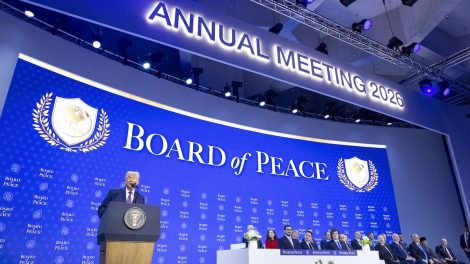Security first. The dialogue between the European Union and the Gulf primarily centres on security, encompassing areas such as cybersecurity, maritime security, and counterterrorism, alongside energy concerns. This was explained by Luigi Di Maio, former Italian Foreign Minister and current Special Representative of the European Union for the Persian Gulf, in an exclusive interview with our sister website, Formiche.net.
- According to Di Maio, the upcoming EU-Gulf Cooperation Council (GCC) Summit, scheduled for 16 October, is not linked to the current emergency situation. Nonetheless, it will be crucial in addressing ongoing challenges.
- The agenda will cover all the critical topics for multilateral cooperation, including the war in Gaza, the situation in Lebanon, and destabilisation in the Red Sea region. Di Maio noted that issues like maritime security are shared concerns and common challenges.
Iran’s mixed signals. Di Maio highlighted that Iran has sent “positive signals,” such as the reopening of embassies in certain Arab countries and the improvement in relations with Saudi Arabia.
- However, severe challenges with Iran persist, as raised in Di Maio’s meetings with Iranian Foreign Ministers over the past year and a half.
- These issues include what the EU Special Representative described as “unacceptable” military supplies from Iran to Russia, the unjustified detention of European citizens, internal repression, and support for the Axis of Resistance, exemplified by attacks targeting Israel in April and October.
A multipolar approach. Di Maio observed that GCC countries maintain a foreign policy that can be described as multipolar in relation to Russia and China.
- They engage in trade relations with Beijing and are also aligned with Moscow through the OPEC+ framework.
- However, Di Maio stressed that the actions of other global players should not be a cause for concern. Instead, the focus should be on avoiding inaction.
- He believes that the forthcoming summit will showcase the EU’s robust strategy in the region, which has considerable potential and the capability for effective implementation.
Strategic partnership. The strategic partnership between the EU and the GCC can be developed on multiple fronts, starting with improving the economic cooperation framework at the commercial level, according to Di Maio.
- This would help to open up the business environment for both sides. There is also a strong focus on renewable energy, particularly hydrogen, and regional security. The EU supports the normalisation process with Iran and backs the Abraham Accords.
- Di Maio also underscored the GCC’s role in the Palestinian issue and the importance of fostering people-to-people connections, which he described as essential for building a deep and comprehensive understanding. To this end, efforts are underway to simplify visa processes through initiatives like the VISA Cascade, which has been operational since April.
Italy’s role in the GCC. Italy is making extraordinary efforts to strengthen its strategic partnerships with the GCC countries, Di Maio remarked, highlighting the growing ties with Saudi Arabia, the UAE, and Qatar.
- He added that this is a significant advantage for both Italy and the European Union as a whole, with Italy acting as a multiplier of strategic capabilities.





